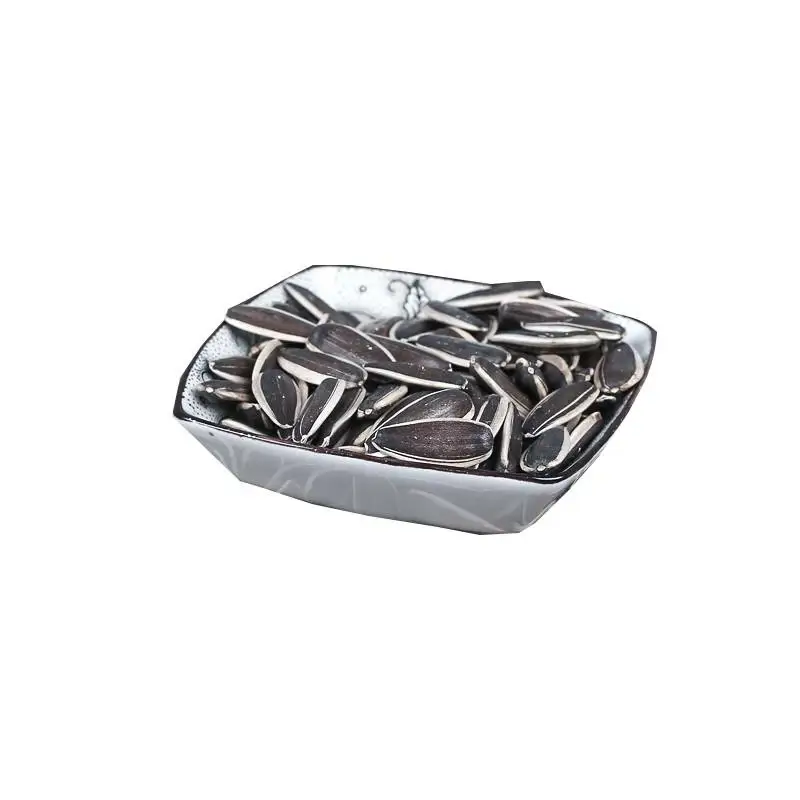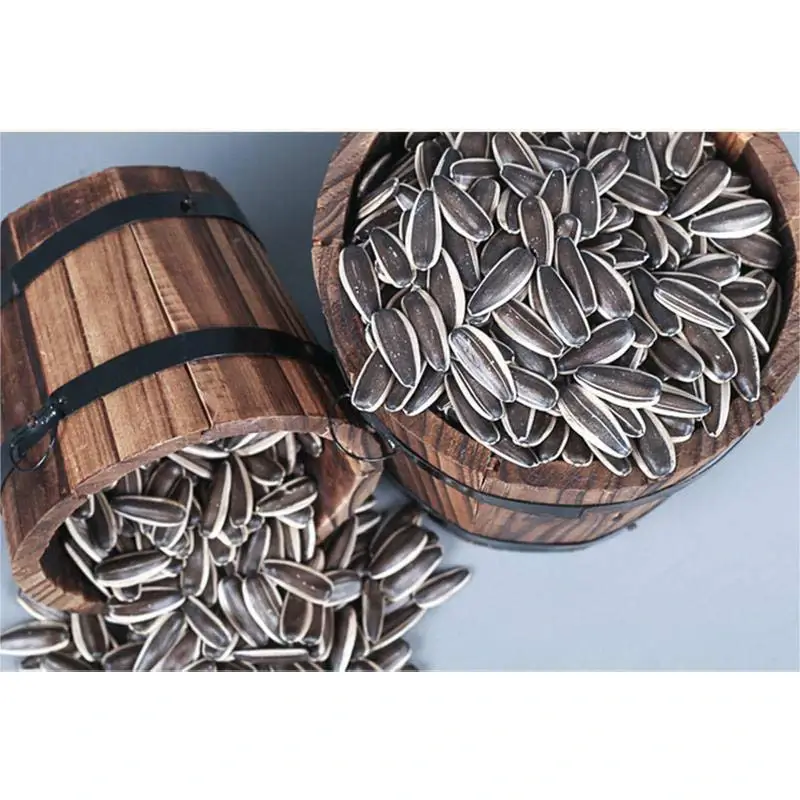-
 Afrikaans
Afrikaans -
 Albanian
Albanian -
 Amharic
Amharic -
 Arabic
Arabic -
 Armenian
Armenian -
 Azerbaijani
Azerbaijani -
 Basque
Basque -
 Belarusian
Belarusian -
 Bengali
Bengali -
 Bosnian
Bosnian -
 Bulgarian
Bulgarian -
 Catalan
Catalan -
 Cebuano
Cebuano -
 Corsican
Corsican -
 Croatian
Croatian -
 Czech
Czech -
 Danish
Danish -
 Dutch
Dutch -
 English
English -
 Esperanto
Esperanto -
 Estonian
Estonian -
 Finnish
Finnish -
 French
French -
 Frisian
Frisian -
 Galician
Galician -
 Georgian
Georgian -
 German
German -
 Greek
Greek -
 Gujarati
Gujarati -
 Haitian Creole
Haitian Creole -
 hausa
hausa -
 hawaiian
hawaiian -
 Hebrew
Hebrew -
 Hindi
Hindi -
 Miao
Miao -
 Hungarian
Hungarian -
 Icelandic
Icelandic -
 igbo
igbo -
 Indonesian
Indonesian -
 irish
irish -
 Italian
Italian -
 Japanese
Japanese -
 Javanese
Javanese -
 Kannada
Kannada -
 kazakh
kazakh -
 Khmer
Khmer -
 Rwandese
Rwandese -
 Korean
Korean -
 Kurdish
Kurdish -
 Kyrgyz
Kyrgyz -
 Lao
Lao -
 Latin
Latin -
 Latvian
Latvian -
 Lithuanian
Lithuanian -
 Luxembourgish
Luxembourgish -
 Macedonian
Macedonian -
 Malgashi
Malgashi -
 Malay
Malay -
 Malayalam
Malayalam -
 Maltese
Maltese -
 Maori
Maori -
 Marathi
Marathi -
 Mongolian
Mongolian -
 Myanmar
Myanmar -
 Nepali
Nepali -
 Norwegian
Norwegian -
 Norwegian
Norwegian -
 Occitan
Occitan -
 Pashto
Pashto -
 Persian
Persian -
 Polish
Polish -
 Portuguese
Portuguese -
 Punjabi
Punjabi -
 Romanian
Romanian -
 Russian
Russian -
 Samoan
Samoan -
 Scottish Gaelic
Scottish Gaelic -
 Serbian
Serbian -
 Sesotho
Sesotho -
 Shona
Shona -
 Sindhi
Sindhi -
 Sinhala
Sinhala -
 Slovak
Slovak -
 Slovenian
Slovenian -
 Somali
Somali -
 Spanish
Spanish -
 Sundanese
Sundanese -
 Swahili
Swahili -
 Swedish
Swedish -
 Tagalog
Tagalog -
 Tajik
Tajik -
 Tamil
Tamil -
 Tatar
Tatar -
 Telugu
Telugu -
 Thai
Thai -
 Turkish
Turkish -
 Turkmen
Turkmen -
 Ukrainian
Ukrainian -
 Urdu
Urdu -
 Uighur
Uighur -
 Uzbek
Uzbek -
 Vietnamese
Vietnamese -
 Welsh
Welsh -
 Bantu
Bantu -
 Yiddish
Yiddish -
 Yoruba
Yoruba -
 Zulu
Zulu
Juil . 07, 2025 08:45 Back to list
Premium Sunflower Seeds Supplier & Manufacturer Wholesale Exporter
- Introduction to sunflower seeds
as a growing global commodity - Data-driven analysis of global sunflower seed production and consumption
- Technological advancements in processing and product development
- Comparative evaluation of major sunflower seed manufacturers
- Customized solutions and supply chain flexibility for clients
- In-depth case studies on sunflower seeds in various export markets
- Summary of sunflower seeds’ potential in international trade

(sunflower seeds)
Unlocking the Value of Sunflower Seeds in a Globalized Market
Sunflower seeds have become a pivotal agricultural product with far-reaching influence across the food, oil, and snack industries. Renowned for their nutritional richness and versatile applications, these seeds have soared in popularity among health-conscious consumers and major manufacturers. As global populations embrace healthier diets, the demand for high-quality sunflower seeds continues to climb. In addition, diverse products such as roasted seeds, protein-enriched variants, and cold-pressed sunflower oil have expanded consumer choices. This multi-dimensional appeal positions sunflower seeds not just as a food additive but as a cornerstone in numerous sectors. Below, we analyze their growth trajectory and review the role of top sunflower seeds on a sunflower product manufacturers as well as exporters.
Global Production and Consumption: The Statistical Perspective
The global sunflower seed market boasts impressive figures. In 2023, worldwide production exceeded 57 million metric tons, spearheaded by leading producers such as Russia, Ukraine, Argentina, and the European Union. According to the Food and Agriculture Organization (FAO), sunflower oil accounted for over 12% of global vegetable oil consumption. The following table summarizes the key producers and their market shares:
| Country/Region | 2023 Production (Metric Tons) | Global Market Share (%) | Average Yield (Tons/ha) |
|---|---|---|---|
| Russia | 16,500,000 | 28.9 | 1.84 |
| Ukraine | 13,200,000 | 22.9 | 2.11 |
| EU | 10,900,000 | 19.3 | 2.22 |
| Argentina | 3,200,000 | 5.6 | 2.04 |
| Others | 13,200,000 | 23.3 | 1.66 |
These statistics underscore a highly competitive landscape, with the EU demonstrating high average yields due to advanced agronomic practices. Consumption patterns mirror production, with expanded uses in food processing, health foods, and edible oil industries. Notably, the burgeoning snack sector leverages the unique flavor profile and nutrient density of sunflower seeds, driving sustained demand.
Technological Innovations in Sunflower Seed Processing
Modern sunflower seed manufacturing relies heavily on innovation. Processing lines are now designed for higher throughput, cleaner separation, and smarter resource management. For example, optical sorting technologies eliminate up to 99.5% of foreign materials, ensuring product safety and consistency. Cool-drying systems preserve vital nutrients and improve shelf stability, while cold-press oil extraction enhances the purity of sunflower oil – a preferred choice among premium brands. Furthermore, some manufacturers have adopted blockchain technology, creating complete traceability from seed origin to finished product.
Beyond these advances, the development of protein isolates and anti-allergen variants widens sunflower seeds’ appeal in the plant-based protein market. Companies are addressing consumer demand for gluten-free, allergen-sensitive, and non-GMO sunflower seed products, fortifying their brands and expanding their international reach.
Major Manufacturers: Comparative Capabilities and Competitive Edge
Selecting a supplier from a crowded marketplace is complex. The following comparison table presents key differences among top sunflower seeds on a sunflower manufacturers:
| Manufacturer | Country | Annual Output (Tons) | Certifications | Product Range | Technology Used |
|---|---|---|---|---|---|
| SunElite Foods | Ukraine | 90,000 | ISO 22000, BRC, Halal | Edible seeds, kernels, oil | Automated sorting, blockchain tracking |
| GoldHarvest Group | Russia | 85,000 | FSSC 22000, Kosher | Roasted seeds, cold-pressed oil | CO2 extraction, UV sterilization |
| AgroSun Producers | EU | 65,000 | ISO 9001, Organic EU | Baking inclusions, protein isolates | Hydrothermal processing, optical sorting |
| SunnyDelta SA | Argentina | 45,000 | GMP, HACCP | Raw seeds, bird feed | Low-temp drying, magnetic separation |
While all these players deliver quality, their approaches differ significantly. Ukrainian and Russian groups focus on scale and certification breadth, while European firms lead on organic and specialty products. Technological sophistication in sorting and tracking is now a decisive factor for international clients demanding traceability and reliability.
Flexible Customization and Supply Solutions
In an era of market volatility, leading exporters recognize the need for tailored solutions. The top sunflower seeds in sunflower exporter companies now offer comprehensive customization, including:
- Private labeling and branded packaging for retail and wholesale markets
- Non-GMO and organic-certified supply chains
- Customized blends for snack, bakery, or industrial applications
- Real-time digital tracking and supply chain transparency portals
- Flexible logistics: FOB, CIF, DDP, and just-in-time delivery models
By collaborating directly with R&D teams, buyers can select seed types, roasting levels, seasoning profiles, and even nutrient fortification. This B2B agility drives increased client retention and enables companies to respond rapidly to consumer trends or regulatory changes. For high-volume industrial clients, automated quality control and predictive analytics minimize supply interruptions and optimize inventory management.
Application Scenarios: Export Case Studies and Impact
The diversified use of sunflower seeds in global trade is illustrated by several high-impact applications. Consider the following real-world scenarios:
- Snack Product Expansion in North America: A multinational food brand collaborated with a Ukrainian processor to introduce a range of flavored sunflower seeds, achieving an annual growth rate of 17% in snack aisle market share (2022-2023).
- Bakery Ingredient Innovation in Germany: Through sourcing dehulled, protein-enriched seeds from an EU manufacturer, a major bakery chain reduced product allergen content by 68% and launched a successful line of gluten-free bread.
- Cold-Pressed Oil Export to Southeast Asia: Argentine exporters utilized climate-controlled containers and blockchain certification to access premium foodservice clients. Their share of the high-oleic sunflower oil market grew by 11% from 2021 to 2023.
- Pet Food Application in Australia: Processed whole sunflower seeds became a key ingredient in fortified birdseed blends, pushing one company’s annual export volume up by 29% over two years.
These cases highlight not just the international appetite for sunflower seed products, but also the critical role of value-addition, technological network, and responsive logistics.
Conclusion: Sunflower Seeds’ Role in Global Trade and Future Prospects
In summary, sunflower seeds have proven themselves as a robust and adaptive export commodity. Their production and processing are marked by continual innovation, while the market itself enjoys diverse applications ranging from snacks to specialty oils and health-centric ingredients. As manufacturers drive technological evolution and exporters refine supply chain responsiveness, sunflower seeds are poised to capture an even broader spectrum of international opportunities. For businesses seeking partnership, the future promises sustained market growth, dynamic customization, and high-value returns in the world of sunflower seed products.

(sunflower seeds)
FAQS on sunflower seeds
Q: What are sunflower seeds?
A: Sunflower seeds are edible seeds harvested from the flower head of the sunflower plant. They are commonly consumed as a snack or used as an ingredient in various foods. Sunflower seeds are rich in healthy fats and nutrients.Q: What products can be made with sunflower seeds on a sunflower product?
A: Sunflower seeds are used in products like sunflower seed butter, trail mixes, granola bars, and health snacks. They’re also pressed to produce sunflower oil. These products maximize the nutritional benefits of the seeds.Q: Who are some reputable sunflower seeds on a sunflower manufacturers?
A: Leading manufacturers include SunOpta, Conagra Brands, and Chinook Seedery. They prioritize quality, sourcing, and proper processing. Look for manufacturers with certifications and good customer reviews.Q: How are sunflower seeds in sunflower exported globally?
A: Sunflower seeds are cleaned, packaged, and shipped in bulk by specialized exporters. Major exporting countries include Ukraine, Russia, and the USA. Exporters must adhere to international safety and quality standards.Q: What should I consider when choosing a sunflower seeds on a sunflower exporter?
A: Check the exporter's certifications, product quality, and compliance with trade regulations. Reliable exporters provide traceability and consistent supply. Compare pricing and customer feedback before making a decision.-
Buy Bulk Sunflower Seeds Exporter - Premium Wholesale Supplier
NewsAug.21,2025
-
Buy Bulk Sunflower Seeds: Top Exporter & Supplier
NewsAug.19,2025
-
Delicious Macadamia Nuts: Creamy, Crunchy & Nutrient-Rich
NewsAug.18,2025
-
Gourmet Premium Packaged Biscuits | Exquisite Selection
NewsAug.17,2025
-
Sweet & Healthy Raisins: Natural Energy for Snacking & Baking
NewsAug.16,2025
-
Premium Dried Fish: Protein-Rich & Flavorful Delights
NewsAug.15,2025
